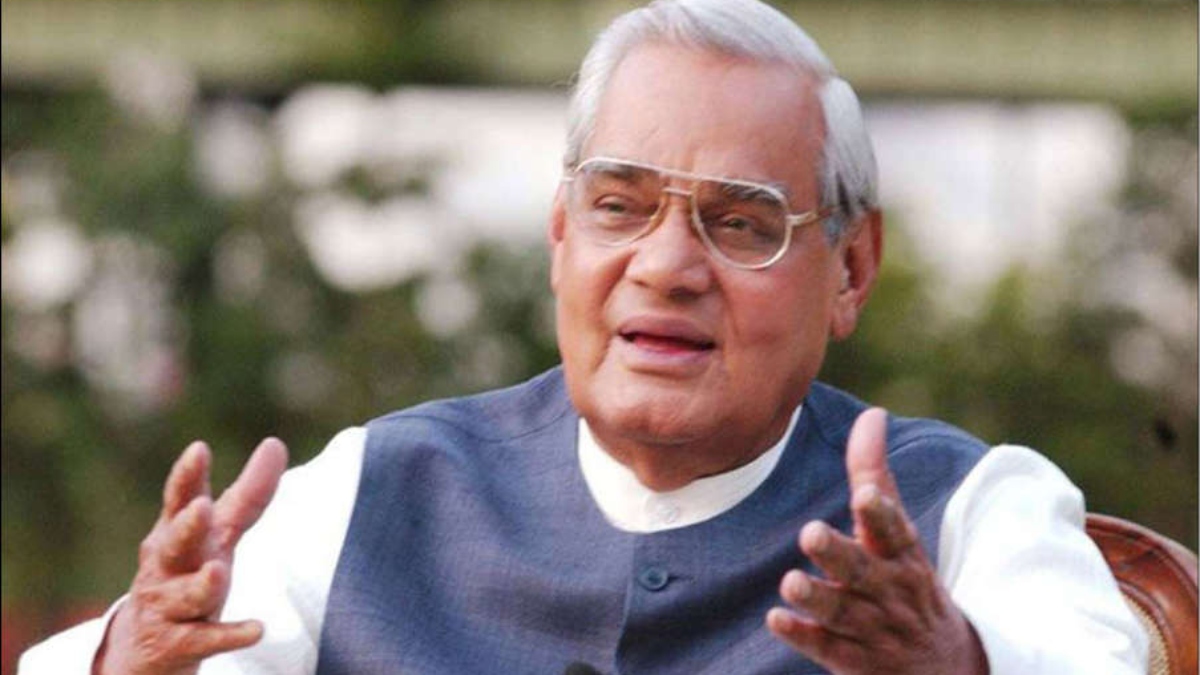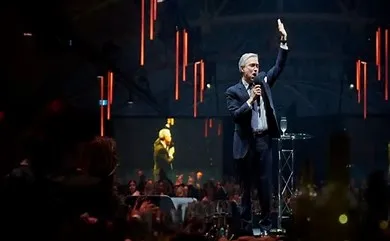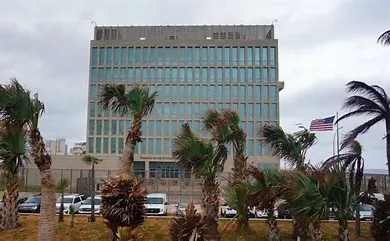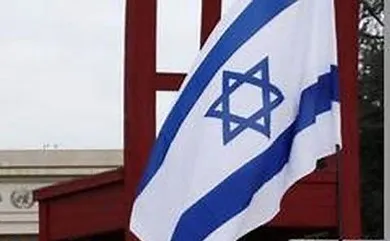The Nation paid tributes to political luminary and Statesman, Atal Behari Vajpayee, the first Prime Minister without the Congress DNA, on his 98th birth anniversary on Sunday. Vajpayee was without a shadow of doubt, the tallest leader from the Saffron Brigade as long as he was in active politics and was responsible for making the BJP, a political untouchable for many other outfits, a party that became acceptable throughout the country. His politics was inclusive and though the BJP had only 182 MPs during his last two tenures, he ensured that the coalition was strong and cohesive and provided good governance. His long experience in the field, particularly in Parliament bonded him with many top leaders including Congressmen at a personal level. Considered one of the finest speakers of his time, he had enormous political skills and an acid wit. He lived his life and pursued politics on his own terms and was not ever distracted from his objectives because of what his adversaries thought about him. The irony is that for Vajpayee, Pandit Jawaharlal Nehru was a role model and he never hesitated in expressing his admiration for India’s first Prime Minister. His colleague and once understudy, Lal Krishan Advani was considered as the person who would be the first BJP PM because of his immense contribution in expanding the base of his party. However, conspiracy of circumstances, made him propose Vajpayee’s name in the Mumbai conclave of the party in 1995 when he was embroiled in what came to be known as the Jain Diaries Hawala scandal. Advani’s must trusted colleague, Krishan Lal Sharma convinced him that it should be Vajpayee who should be projected as the BJP PM. There is a long story behind this that Sharma had made good friends with Indira Gandhi’s Political Adviser, Makhan Lal Fotedar as both of them were members of the same House committee. Once when Mulayam Singh Yadav was speaking on some issue in Parliament, Sharma commented that these people were casteist leaders. At this Fotedar observed that there could be no community more casteist than the Brahmins. The two had a hearty laugh after shaking hands and over a course of time, Fotedar impressed upon Sharma to get Advani to support Vajpayee. Rest is history. Vajpayee during his younger days had a running feud with Jana Sangh co-founder, Balraj Madhok, who would often describe him as Nehru’s mole in the party. After the death under mysterious circumstances of Jana Sangh president, Deen Dayal Upadhyaya on February 10, 1968, Vajpayee and Nanaji Deshmukh tried to sideline Madhok. In his book Madhok later accused both of them of being responsible for Deen Dayal Upadhyaya’s death which he described as murder. Madhok became very uncomfortable in the Jana Sangh and parted ways with the party after the Kanpur session where he was accused of leaking out secret information to journalists when it was Advani who had done that, according to the version Madhok gave. Once Madhok was out, Vajpayee became the unchallenged leader who inspired first the Jana Sangh and later the BJP to achieve greater objectives. Vajpayee was never shy of praising even his opponents and described Indira Gandhi as an incarnation of Durga after the Bangladesh war. Vajpayee could never reconcile with the fact that his party lost in 2004 and would often ask his colleagues as to what went wrong. He was a very tall leader, who shall always be missed.

















